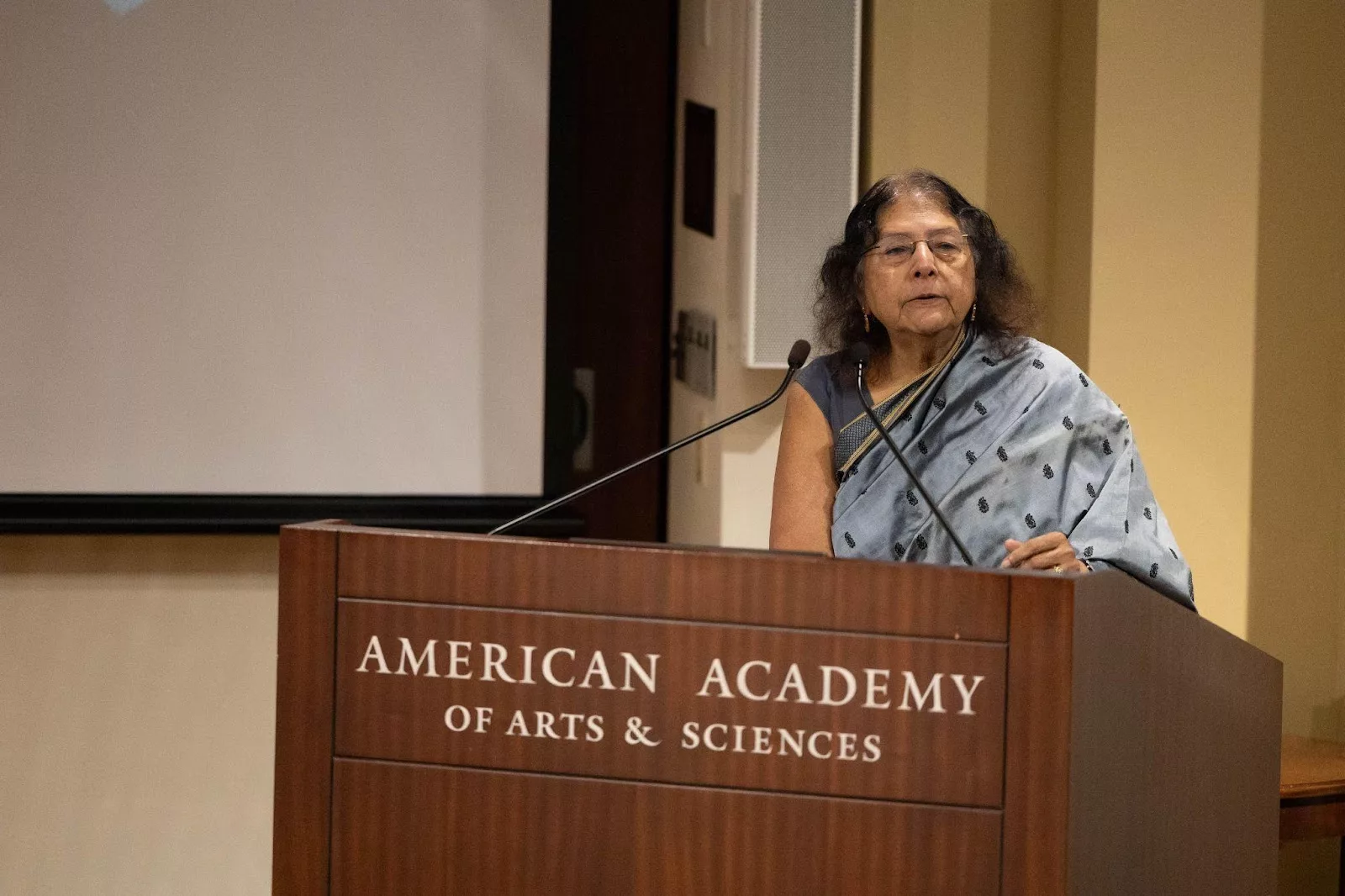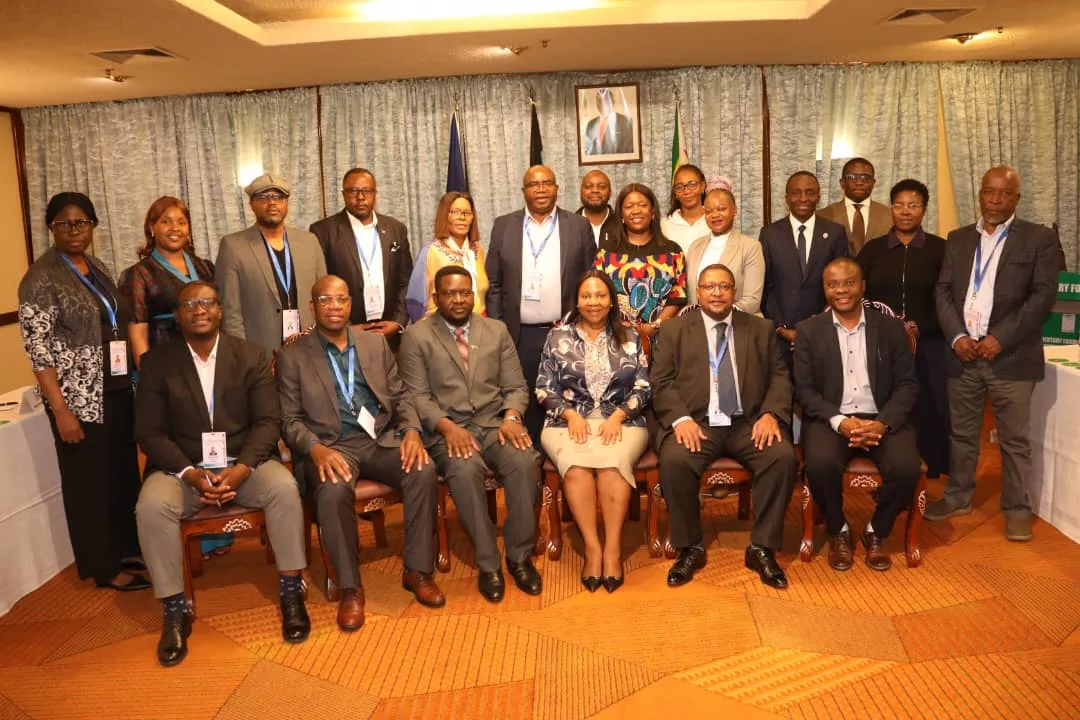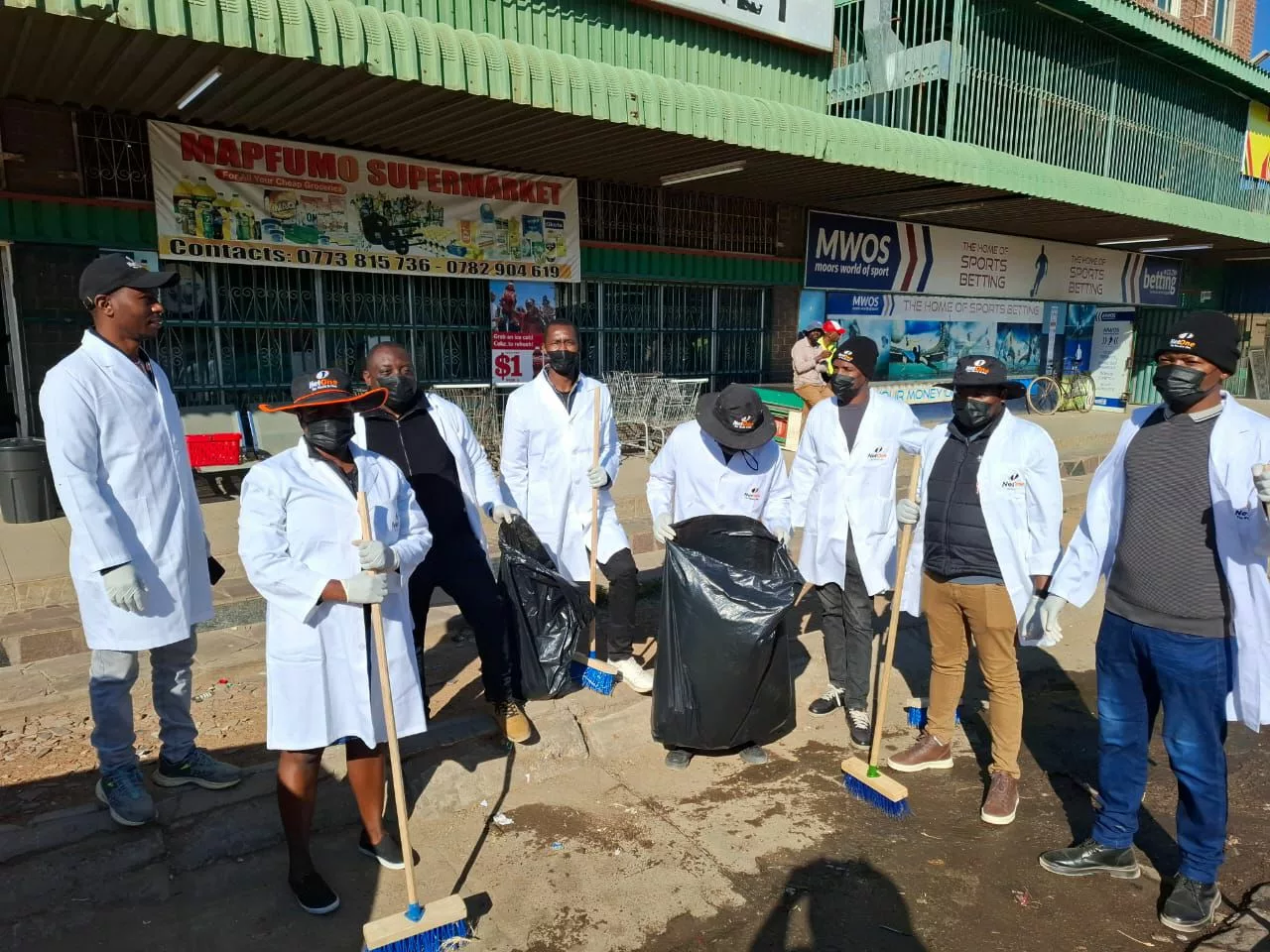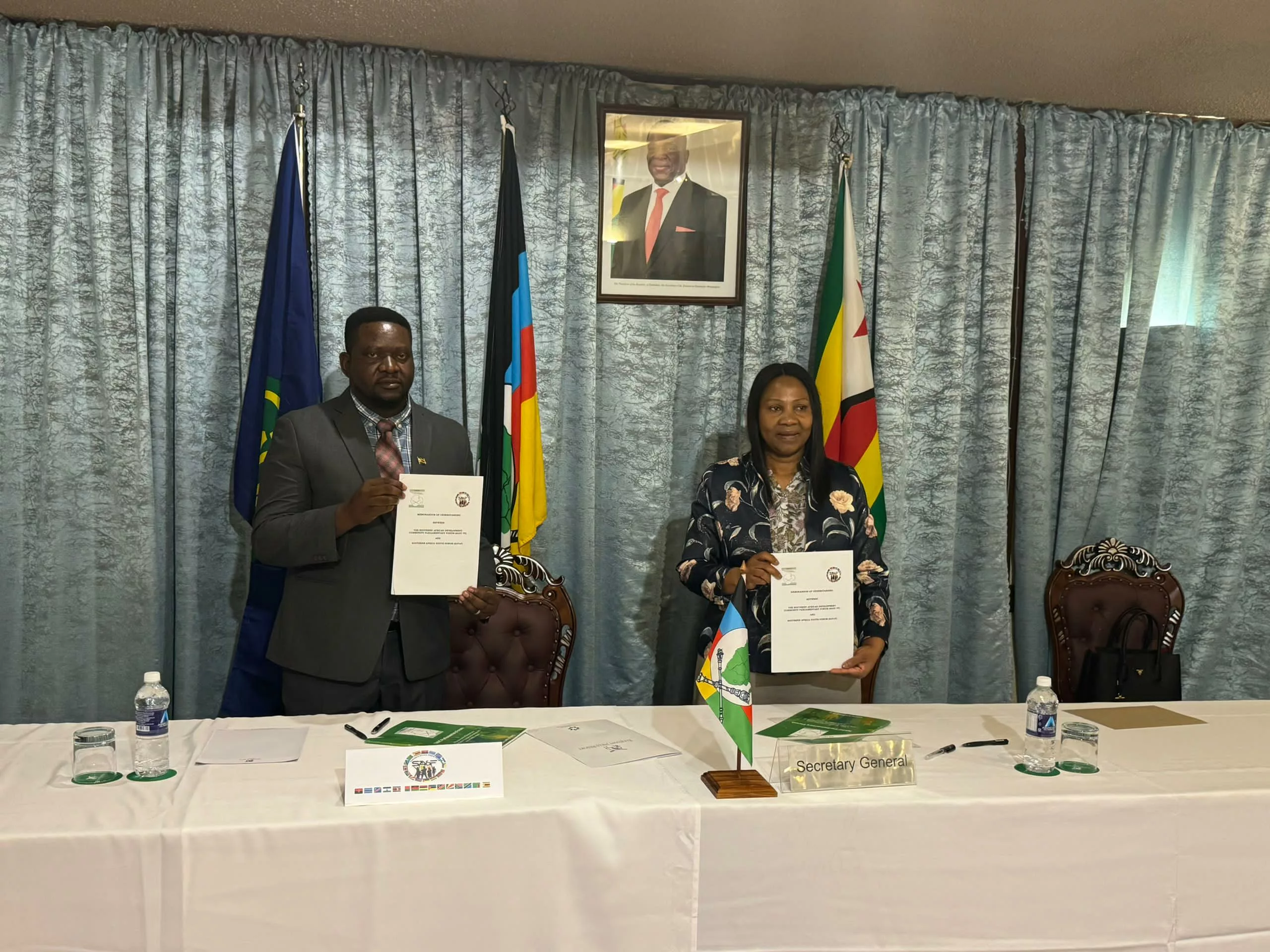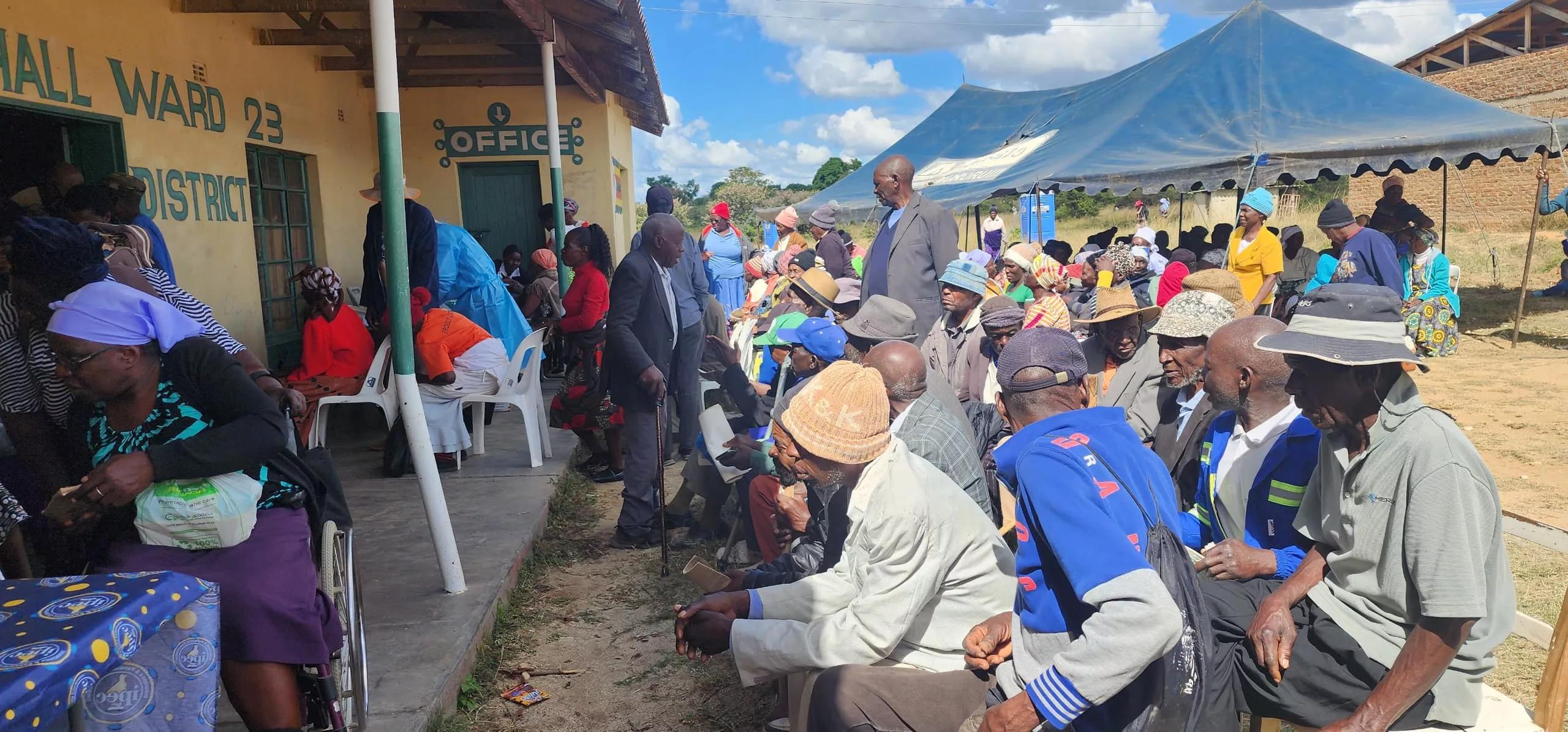|
Getting your Trinity Audio player ready...
|
on 23 May 2025 in Cambridge, the Unites States, at the end of the 2025 International Summit on Genome Editing, the Global Observatory for Genome Editing issued a Statement calling for a Charter on Emerging Technologies and Human Dignity. A global process of developing such a Charter will facilitate deeper reflection, responsibility, and moral purpose and protect human dignity while guiding science and technology toward beneficial innovation.
The Summit endorses four key principles of ethical governance that should guide the creation of such a Charter:
-
Begin with questions of human dignity and the common good;
-
Reconsider the structure of current innovation systems and the distribution of benefits and risks;
-
Expand the range of questions for deliberation; and
-
Reimagine the limits of research.
The Summit, hosted at the Norton’s Woods Conference Center at the American Academy of Arts and Sciences in Cambridge, Massachusetts, convened international leaders across science, law, civil society, public health, and global governance to explore how emerging biotechnologies are reshaping the meaning of being human. The Summit also reaffirmed the importance of university-based research and innovation at a time when federal support for scientific research has been cut to its lowest level in decades.
“The tools of biotechnology are advancing faster than the conversations we need to have about their implications,” said Sheila Jasanoff, Pforzheimer Professor of Science and Technology Studies at the Harvard Kennedy School and co-founder of the Global Observatory. “This Summit created space for perspectives that too often go unheard—voices grounded in ethics, religion, and lived experience—to shape how humanity should proceed.”
J. Benjamin Hurlbut, Observatory Co-director and Associate Professor in the School of Life Sciences at Arizona State University (ASU) added, “The growing powers of biotechnology could do great good for humanity, or great harm. The summit exemplified what we need to respond to that challenge—a commitment to humble dialogue that is hospitable to different perspectives and animated by a collective commitment to protecting human dignity at the frontiers of innovation.”
The 2025 Summit built on the work of the three prior International Summits on Human Genome Editing hosted by the National Academies of the United States, Hong Kong, and the United Kingdom in 2015, 2018, and 2023, respectively. The conference broadened the range of voices represented in the governance of emergent biotechnologies such as genome editing. Through multidisciplinary panels, artistic performances, and dialogue, the event expanded the global conversation on how to govern biotechnology by fostering exchange between unlikely conversation partners from across different sectors, disciplines, and parts of the world.
Panelists discussed urgent issues ranging from the ethics of genome editing, asymmetries of voice and access between the Global North and South, and the limitations of current governance models, which have tended to focus narrowly on technical risks and excluded broader questions.
“Scientists today are seeking more than technical breakthroughs—they want reflection and dialogue to guide responsible innovation,” said Krishanu Saha, Observatory Co-director and Professor of Biomedical Engineering and Medical History and Bioethics, the University of Wisconsin-Madison.
“This Summit brings together a wide range of perspectives to explore the societal impacts of genome editing and its potential contributions to the public good. Its honest, hopeful conversations will help shape not just what we do, but who benefits.”
Keynote speakers included Marcia McNutt, President of the National Academy of Sciences, who told the audience, “We must use the power of science to imagine better solutions to the problems we face–from making advancements in genome sequencing to understanding our next green revolution.”
To extend the impact of the summit, The CRISPR Journal published a series of 18 invited perspectives authored by participants and a formal statement from the Summit organizing committee, offering guidance for the scientific community, policymakers, and the public. The collection captures the inclusive spirit of the Summit and extends its impact to a global audience.
“The future of genome editing must be about more than what we can do in the lab,” said John McQuillan, Founder and Director of the McQuillan Institute for Science, Technology and the Human Future. “It must also be about who we are, and who we are becoming. That’s the deeper work this Summit took on with honesty, with rigor, and with hope.”
The event was made possible through the support of the John Templeton Foundation and the McQuillan Institute, and co-sponsored by the Harvard Kennedy School’s Program on Science, Technology & Society, Arizona State University, and the University of Wisconsin–Madison.
All sessions were free and open to the public, with global audiences joining via live stream.


